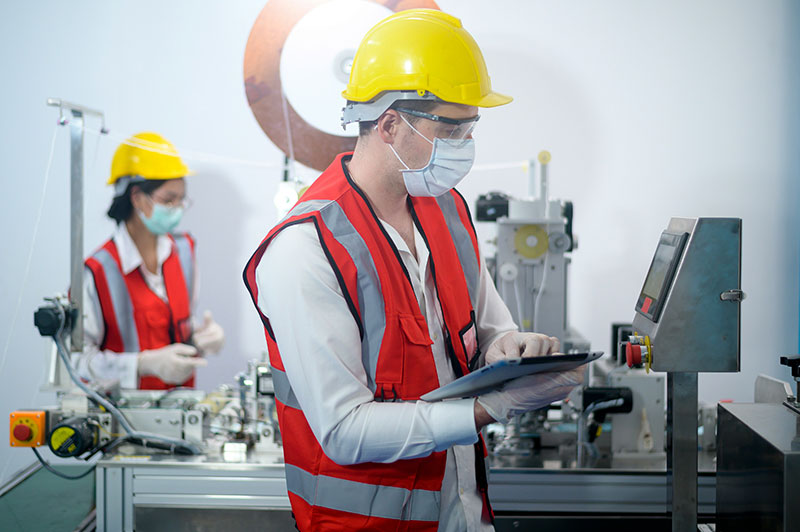News
The Evolution of Industrial Certifications: A 2025 Guide for Employers

In today’s rapidly evolving industrial landscape, maintaining high standards of quality and safety has never been more critical. As we navigate through 2025, understanding the value of key certifications in Non-Destructive Testing (NDT), Certified Welding Inspection (CWI), API Certification, and Quality Assurance/Quality Control (QA/QC) is essential for every employer.
Non-Destructive Testing (NDT): The Future is Now
The NDT sector is experiencing unprecedented growth, with the global market projected to expand by $5.96 billion between 2024-2028. This growth is driven by several key factors:
- Integration of AI and automation in testing procedures
- Advanced imaging technologies
- Increased focus on preventive maintenance
- Stricter safety regulations
For employers, this means investing in NDT-certified professionals who are versed in both traditional methods and emerging technologies is more crucial than ever.
Certified Welding Inspection (CWI): The Gold Standard
The CWI certification continues to be one of the most respected credentials in the industry. With a first-attempt pass rate of only 25-30%, CWI-certified professionals represent the elite in welding inspection. When hiring, consider that candidates must demonstrate:
- Comprehensive theoretical knowledge
- Practical inspection skills
- Understanding of codes and standards
- Significant field experience
- API Certification: Ensuring Industry Excellence
API certification remains a cornerstone of quality assurance in the oil and gas industry. These certifications enhance safety, ensure quality, and help optimize operational costs. For employers, API-certified professionals and facilities offer:
- Demonstrated compliance with industry standards
- Enhanced operational safety
- Improved product reliability
- Streamlined quality management systems
- Quality Assurance/Quality Control (QA/QC): A Growing Field
The demand for QA/QC professionals is surging, with the U.S. Bureau of Labor Statistics projecting a 25% growth rate through 2032. This dramatic increase reflects:
- Growing emphasis on quality management systems
- Increased regulatory requirements
- Need for process optimization
- Focus on cost reduction through quality improvement
- Investment in the Future
For employers, investing in certified professionals across these disciplines isn’t just about compliance—it’s about building a competitive advantage. Consider:
- Cross-Training Opportunities: Encourage existing staff to pursue multiple certifications
- Continuing Education: Support ongoing professional development
- Technology Integration: Ensure certified staff stay current with technological advances
- Succession Planning: Develop junior staff through certification programs
The Bottom Line
As industrial processes become more complex and automated, the value of certified professionals continues to rise. These certifications aren’t just credentials—they’re investments in safety, quality, and operational excellence. For employers, the message is clear: supporting and hiring certified professionals in NDT, CWI, API, and QA/QC isn’t just good practice—it’s essential for success in today’s industrial landscape.
Remember, the cost of certification is minimal compared to the potential costs of quality failures or safety incidents. Make certification a priority in your 2025 workforce development strategy.
